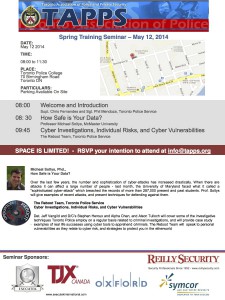I came across Google Go when I was teaching concurrency last year (SE3BB4). I really liked the related GoDocs package present.
Present displays slide presentations and articles. It runs a web server that presents slide and article files from the current directory. It may be run as a stand-alone command or an App Engine app. The stand-alone version permits the execution of programs from within a presentation.
Google’s Go language project, which runs at C-like speeds but allows for the dynamic development usually reserved for languages like Python, is about to enter its 1.3 revision, with a first beta soon to be made available.
Based on the currently published documentation, most of the changes in Go 1.3 don’t involve introducing new features to the language, but rather addressing many of the issues and complaints that have popped up during its few years in the wild. A few of the new features position Go as a one-stop-shop language for all things Google, including the Native Client architecture that Google has been proposing as an alternative to the “JavaScript everywhere” philosophy.
The first set of major improvements to Go 1.3 involve the linker and compiler, both significantly reworked to allow programs — especially larger ones — to compile more quickly. Google has touted Go as a way to build large distributed applications, so having less of a bottleneck on the compiler side is a boon.
via Go 1.3’s first beta promises a sleeker, faster language | Application development – InfoWorld.


